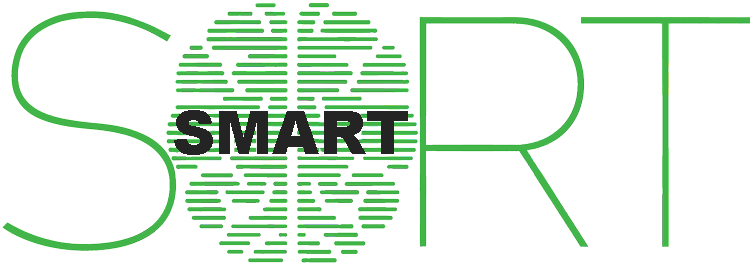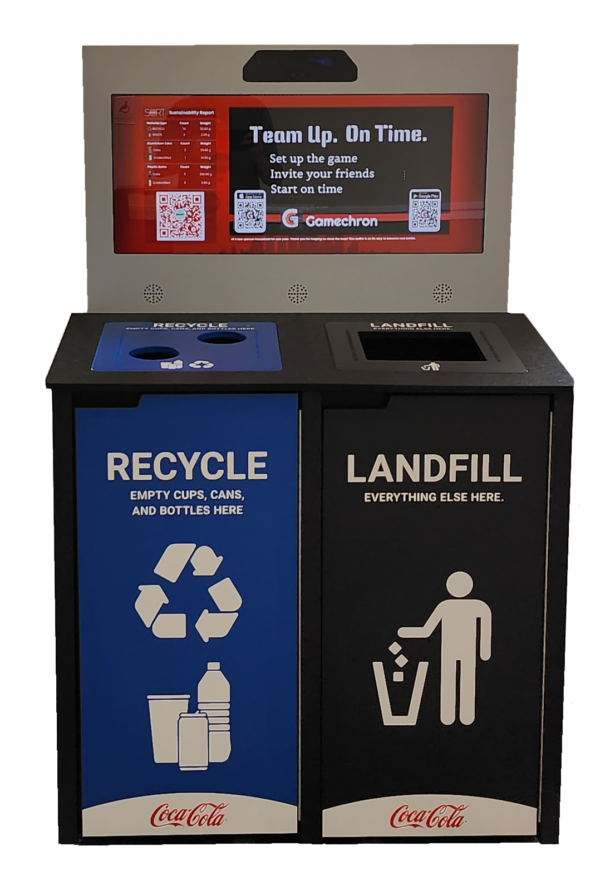We’ve all heard the reminders to recycle, but there’s a surprising amount of misinformation swirling around the process. Fear not, eco-warriors! Let’s clear the air (or should we say landfill?) and tackle some of the most common recycling myths.
Myth #1: All Plastic Goes in the Recycling Bin.
Sadly, this ain’t the case, partner. Most curbside recycling programs only accept certain types of plastic, usually designated by a number within the chasing arrows symbol. Check with your local program for specifics, but generally, stick to containers like soda bottles, yogurt tubs, and laundry detergent jugs. When in doubt, throw it out!
Myth #2: A Little Contamination Ruins the Whole Batch.
While it’s always best to recycle correctly, a single greasy pizza box won’t doom the entire recycling truck. Sorting facilities are equipped to handle minor contamination. However, excessive food residue or non-recyclable materials can slow down the process and reduce efficiency. So, aim for clean and clear recyclables whenever possible.
Myth #3: Recycled Materials Just Get Made Back into the Same Thing.
Not always! While some plastics can be recycled into new bottles, many recycled materials are transformed into entirely new products. For instance, recycled aluminum cans can become bicycles, and old plastic bottles might find new life as fleece jackets. Recycling keeps valuable resources in circulation and reduces the need for virgin materials.
Myth #4: Rinsing Recyclables Wastes Water.
While water conservation is important, a quick rinse to remove food residue or sticky labels is a drop in the bucket compared to the water used to create new products from scratch. Think about the gallons required to manufacture a new plastic bottle versus the few seconds it takes to rinse an old one.
Myth #5: Recycling Doesn’t Make a Difference.
This one stings! Recycling absolutely makes a positive impact. It reduces landfill waste, conserves natural resources, and lowers greenhouse gas emissions. Even small-scale recycling efforts contribute to a larger environmental movement. Every recycled bottle, can, or newspaper counts!
So there you have it, folks! Recycling is a powerful tool, but it’s important to have the right information. By busting these myths and becoming informed recyclers, we can all work together to create a cleaner, greener future. Remember, knowledge is power – and recycling power is in your hands! Let’s keep the trash talk positive and keep our recycling habits on point.




